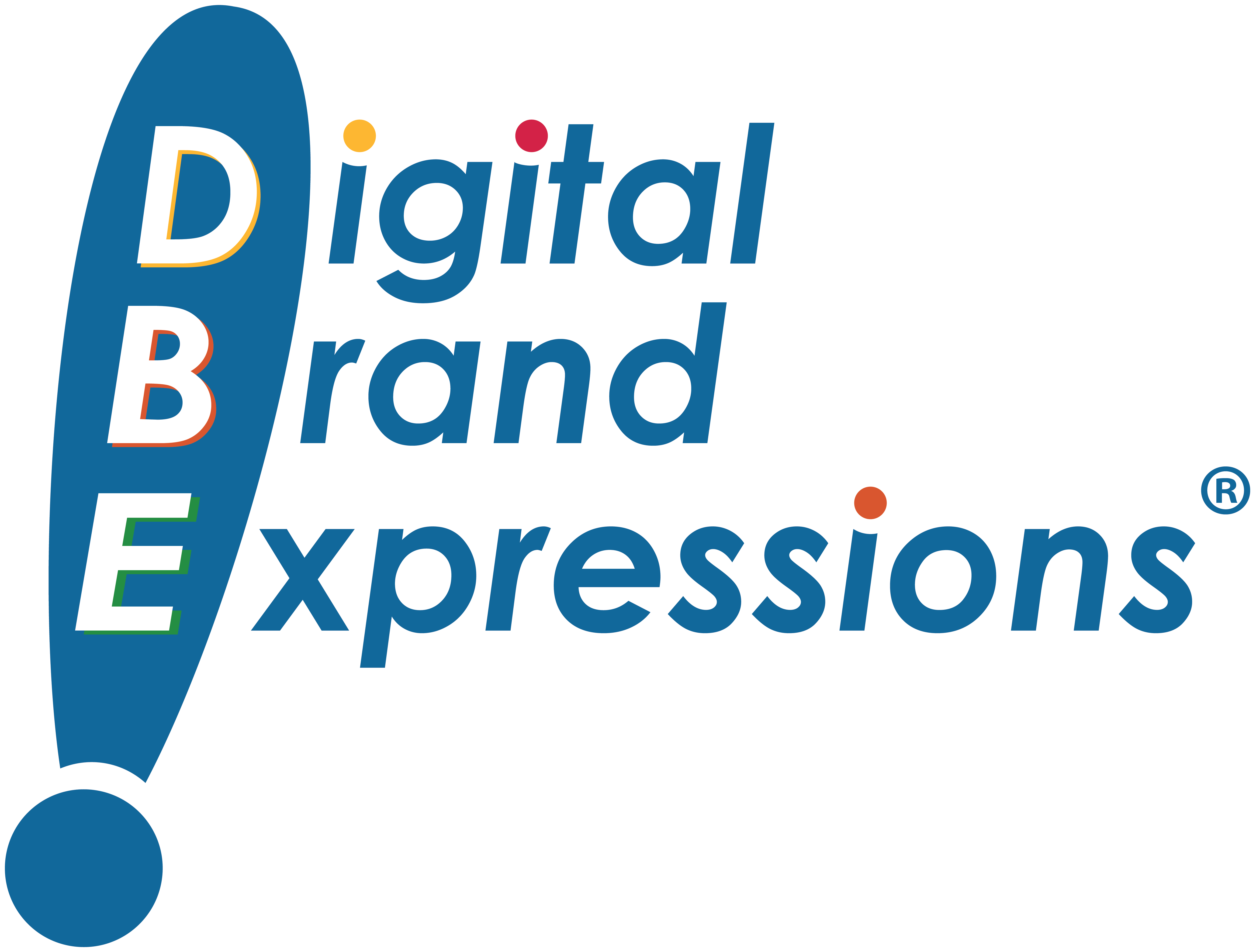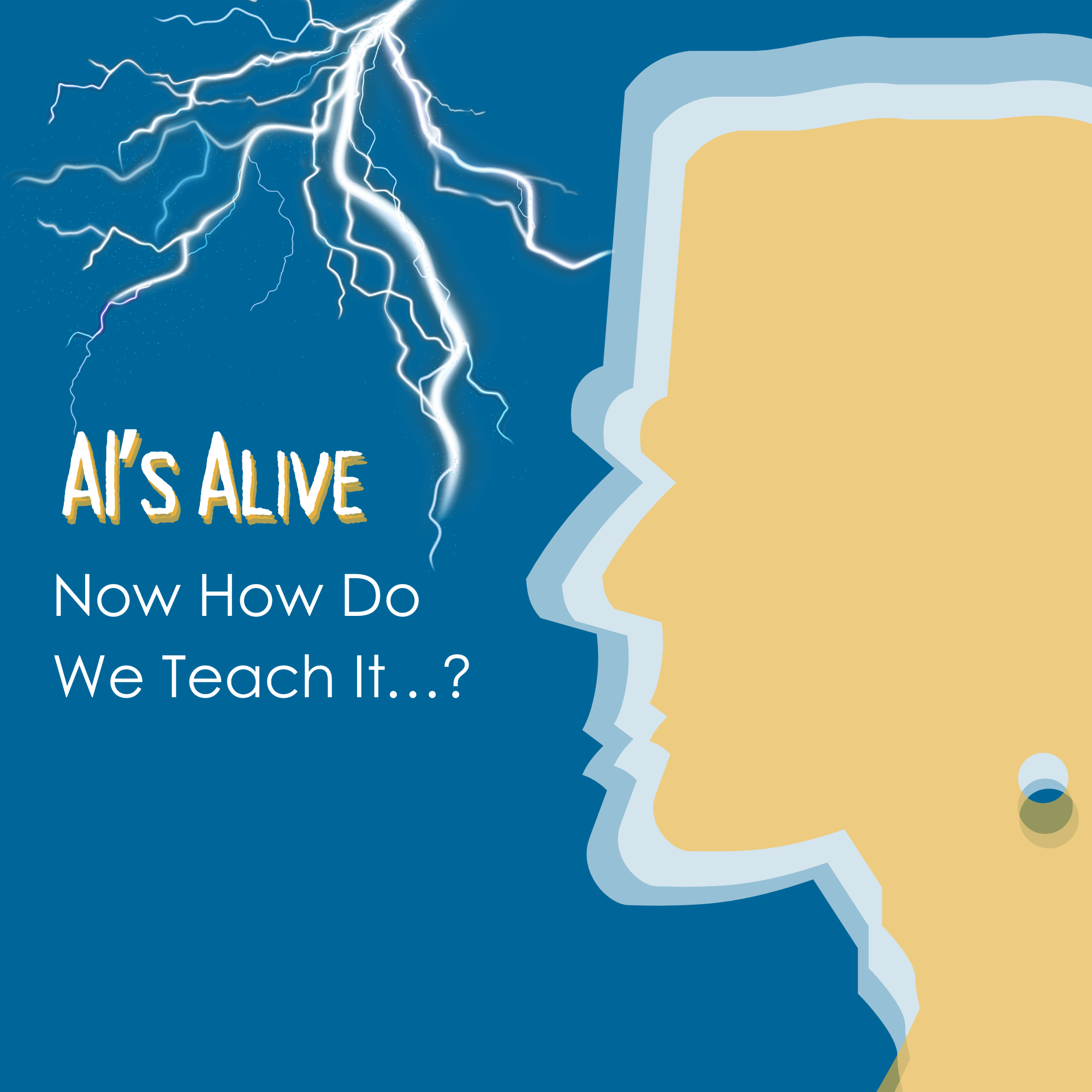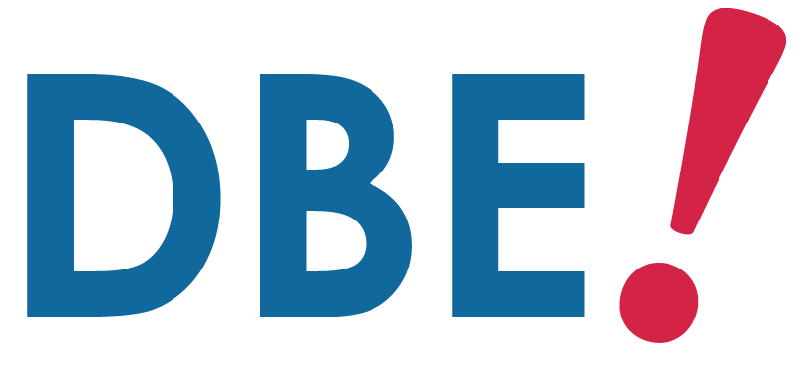I’ve been thinking about how the evolution of AI and its bursting into our SEO world can be viewed a little bit like the origin story of Frankenstein.
First comes Dr. Frankenstein’s technological creation; he brought it to life in secrecy.
Then, comes his training. Gemini AI summarized the Frankenstein tale this way: “Through stolen books and observations of a nearby cottage family, the creature acquires language, reading, and rudimentary knowledge of history, science, and morality.”
We all know the rest of the story includes the revelation of the creature to the village and the subsequent fear it generated.
Fellow search villagers’ initial responses to AI’s launch in Bing Copilot, Gemini/Bard, Google Search Generative Experience, etc. were similar to Mary Shelly’s work. “SEO is finally dead!” and “Organic search traffic is going to drop by up to 76%!!” are a few of the howls we initially heard.
But rather than reaching for our pitchforks, the villagers at DBE took a different approach where we saw AI as not happening to us, it’s happening for us.
So we explored how AI search bots were working.
We performed our own AI experiments to test different ways we could help AI search bots learn about the topics/brands that are important to us. Some of our main theories and queries research included:
- How did the AI searchbots act differently from the traditional search bots?
- What forms of content did they find authoritative and worth citing?
- Were they influenced by off-website factors like social media posts?
- Did the results vary between the different AI platforms?
Then we saw the results of our experiments as what we fed into the AI ecosystem echoed back in the AI responses to related questions.
This is how we created and breathed life into our Search AI Optimization (SAIO) solutions. This is how we can help you not fear AI but teach it to like and link to you.



